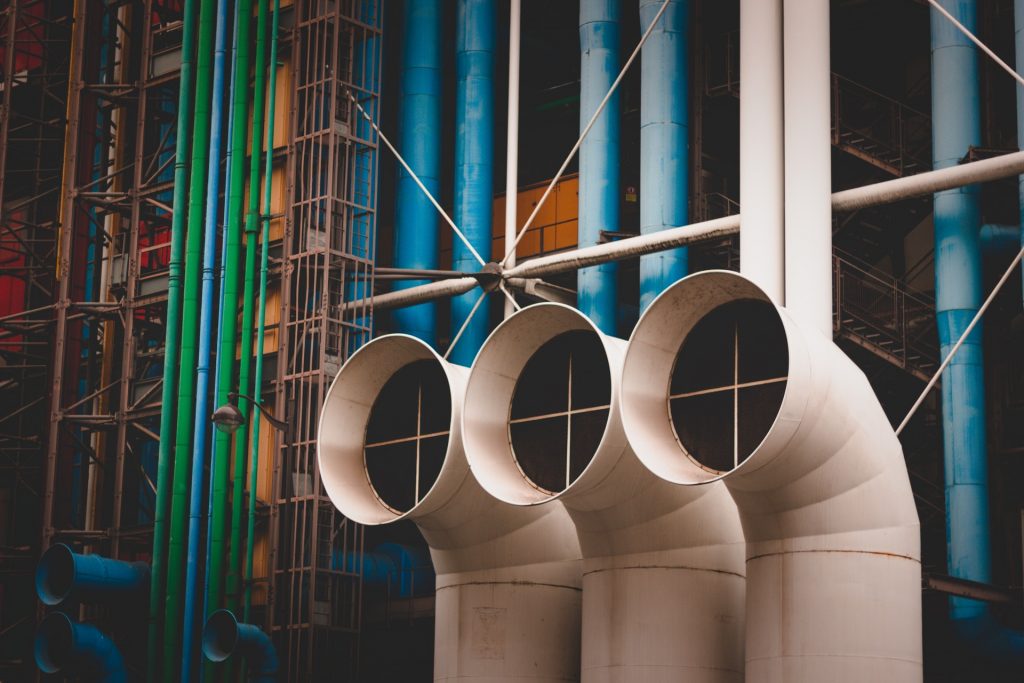Industrial transformation concerns the challenge for the industry, which causes over 40% of CO2 emissions, to operate emission-free. The question is how the transformation of the natural gas chemistry-based industry in the northern part of the Netherlands can realize the ambition of zero CO2 emissions by 2050. The industry has its own R&D. The role of Entrance is to bring parties together and facilitate collaboration and innovation. Forming and optimizing new ecosystems usually doesn’t happen automatically. We make this possible at the level of industrial clusters, business parks, and — through demand aggregation — also for SMEs (Small and Medium-sized Enterprises).
The practice-oriented research at Entrance is conducted from an energy perspective: energy carriers for generating energy, not as raw materials. In addition to the Entrance’s facilities, they also utilize the Zernike Advanced Processing (ZAP) facility. This is a semi-industrial learning and working environment where knowledge institutions and (SME) companies collaborate on innovative solutions for the biobased economy.
Een onderzoeksfaciliteit voor het optimaliseren en opschalen van elektrolyse voor de productie van groene waterstof
